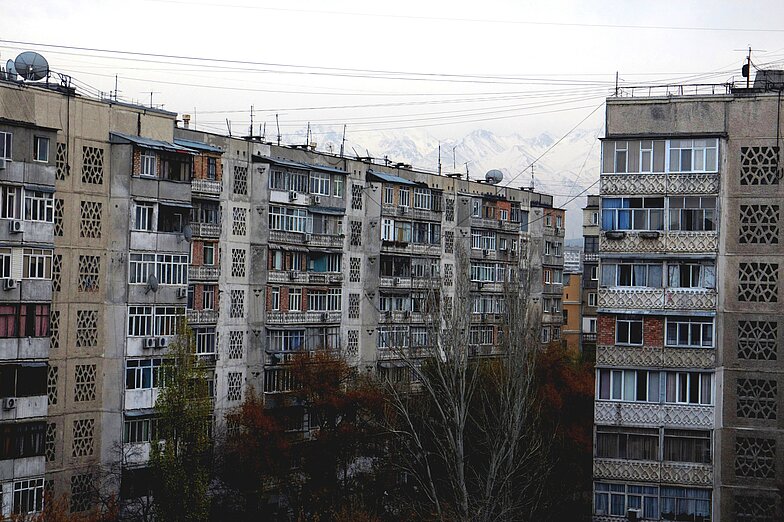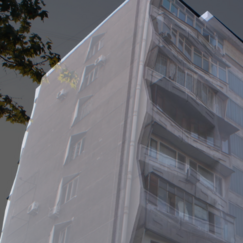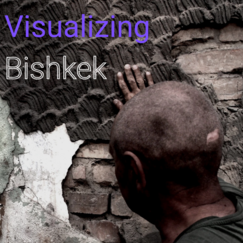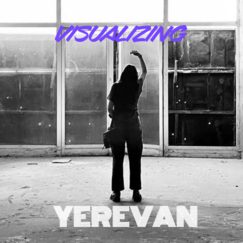Relicts of (Another) Future? – The Afterlife of the Socialist City in Central Asia and the Southern Caucasus

Today, three decades after the fall of the system to which they owe their existence, Soviet-era materiality are simultaneously relicts of the past and reminders of a future-that-was-not scattered around what has now become, after all, a rapidly changing, neo-liberal urban space. In many ways, as it is true for all fallen empires of history, the architectural legacy outlives the system to which it owes its existence - yet do the ideas ingrained into the urban fabric do so, as well?
The project "Relicts of (Another) Future" explores how Soviet urbanity as a physical remainder of the ancien régime conditions the social life in post-Soviet cities today. Reading urban space as an 'embattled geography' where competing imaginaries of past and future are inscribed (and erased), this project sets out to reconstruct multi-layered antagonistic maps: socialist future-scape versus ethno-national past-scape. Tracing semiotic cracks in the surface of the newly-minted national landscapes, it sheds light on how the ‘unfinished futures’ of the socialist project may mobilize alternative historical imaginaries that may challenge the rising ethno-centric discourse of today. For this, the project turns to two exemplary laboratories of urban space in the former Soviet South: Central Asia (Bishkek, Kyrgyzstan) and the Southern Caucasus (Yerevan, Armenia). There it explores the mobilizing power of Soviet-era ‘materialized memory’ in a field of tension between rising populism, political alienation and competing visions of the future.
The project will result in the monograph Life After Future - Unmarginalizing Urbanities from the Former Soviet South (tentative title). In pursuit of the question – what is left of the socialist city? – the aim of this book project is not only to trace the material and mnemonic remains of the socialist city but to show how the Soviet discourse of the city engendered radical ideas that at times would challenge the narrow confines of state socialism itself. These are, for instance, the efforts of Esperanto-speaking internationalists from Czechoslovakia to build the internationalist city from below in the Central Asian steppe, the quest of Armenian Futurists to root the architectural style of Soviet Armenia in the country’s Persianate heritage, or the vision of a Jewish-Kyrgyz philosopher of turning a science town in the hinterland of Moscow into the first ecopolis of the USSR. Penned between the antagonistic poles of spectacular actualization and colossal failure, the research approaches the South Soviet Urban not as a closed system of rigidified meaning but instead as a myriad of fragmented experiential strands that altogether make up for a polyphonic account of what the Southern republics’ pathway to the city was about. Ultimately turning to the crisis-ridden moment of the current present, the book concludes with the question: what does it mean, three decades after the demise of state socialism, to inhabit cities built for a future that has never arrived?


